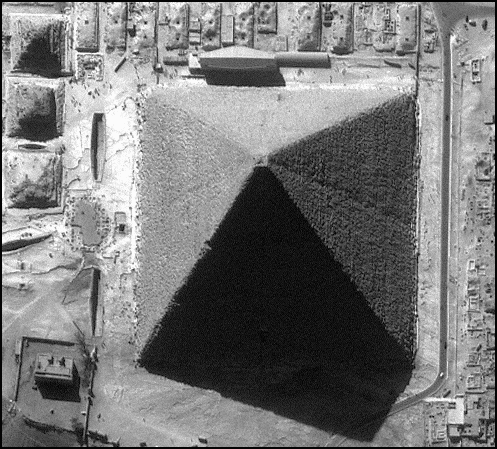cladking
Well-Known Member
The pyramid text is a silly book of rituals? I thought you said it was a treatise of advanced science.
Please start making sense.
It's going to take me a while to catch up to this thread.
It's a silly little book of the rituals read at the kings' ascension ceremonies and those people would have been embarrassed if they knew it was the only ancient writing we have.
However, this silly little book of rituals was written in Ancient Language which was an elaboration on the language proto-humans spoke 40,000 years ago when a mutation gave rise to complex language which gave rise to humans. This language we inherited was an animal language that rhymed with nature and the logic of mathematics. But the mutation now allowed a far greater complexity of communication so that knowledge could be passed down. No longer did each scientist, each individual, have to start at the beginning but he could now stand on the shoulders of each of his ancestors. Human progress began.
After I solved the PT by asking what each word must mean to makes sense I then asked what each utterance implied about the way the people thought. Simply stated ancient people didn't think like we do. They didn't think like Egyptologists.
I have taken the way they thought and extrapolated from it the nature of their science. They spoke in theory. Everything they said was literally true and correct or it couldn't be understood by others. They called it literally "speaking the words of nature" which, of course, is mistranslated as "speaking the words of the gods". Language made them powerful and wise. Just as our technology might be thought of as "magic" to primitive people, their language is thought of as 'magic" to us. At least it would be like "magic" excepty egyptologists believe it is "incantation".

